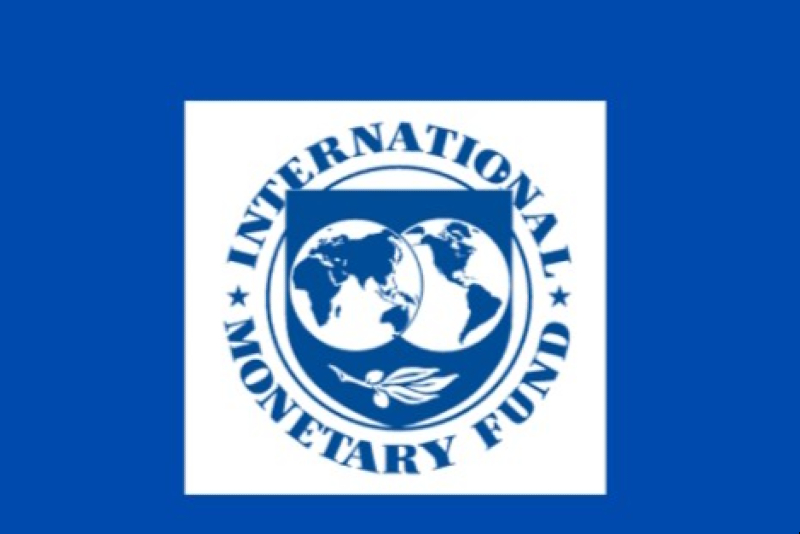
Highlights: IMF Executive Board Completes Combined Third and Fourth Reviews of Bangladesh’s Economic Programs, Approves $1.3 Billion
The Executive Board of the International Monetary Fund (IMF) has completed the combined third and fourth reviews of Bangladesh’s arrangements under the Extended Credit Facility (ECF), Extended Fund Facility (EFF), and the Resilience and Sustainability Facility (RSF).
The Board also approved an extension, augmentation, and rephasing of Bangladesh’s access under the ECF/EFF arrangements.
This decision enables Bangladesh to access approximately US$884 million under the ECF/EFF and an additional US$453 million under the RSF—totaling over US$1.3 billion in immediate financial support.
The Board approved an augmentation of SDR 567.19 million (53.2% of Bangladesh’s IMF quota) and extended the ECF/EFF arrangements by six months. With this augmentation, the total financial assistance under the ECF/EFF now amounts to SDR 3.04 billion (about US$4.1 billion), and the RSF arrangement remains at SDR 1 billion (approximately US$1.4 billion).
The IMF also approved a modification of performance criteria and granted a waiver for a temporary breach of the restriction on exchange controls, acknowledging corrective steps already taken by authorities.
Background
Bangladesh’s original arrangements under the ECF, EFF, and RSF were approved on January 30, 2023, with a combined total of SDR 3.5 billion (approximately US$4.7 billion) to support macroeconomic stability and climate resilience (PR no. 23/25).
Despite facing a challenging political and economic landscape—including the 2024 popular uprising that led to a change in government—Bangladesh’s program performance has remained broadly satisfactory. The formation of an interim government has brought political stability, though economic risks remain due to persistent uncertainty, rising trade barriers, and stress in the banking sector.
Authorities have shown strong commitment to reforms, especially in enhancing exchange rate flexibility and boosting domestic revenue mobilization. The government has also consented to the publication of the IMF Staff Report associated with this review.
IMF Executive Board Assessment
Mr. Nigel Clarke, Deputy Managing Director and Acting Chair of the Board, issued the following statement:
“Bangladesh’s economy continues to face significant macroeconomic challenges. Despite this difficult environment, performance under the IMF-supported programs remains broadly on track. The authorities have demonstrated a strong commitment to reforms, particularly those that safeguard macroeconomic stability and protect the most vulnerable.
"In the near term, policies should focus on rebuilding external resilience and curbing inflation. We welcome the introduction of a new exchange rate regime and the inclusion of revenue-enhancing measures in the FY2026 budget. A balanced policy approach—anchored in tight monetary policy, greater exchange rate flexibility, and revenue-based fiscal consolidation—is essential to restoring macroeconomic stability.
"Creating fiscal space through increased tax revenue and more efficient public spending, including targeted subsidy reductions, is crucial for advancing social, developmental, and climate goals. Progress in subsidy rationalization and improved public financial management will also help reduce fiscal risks.
"Financial sector reform is a priority. A comprehensive, well-sequenced strategy for bank restructuring is urgently needed, alongside new legal frameworks to ensure orderly resolution while protecting small depositors.
"To achieve upper-middle-income status, Bangladesh must push forward with structural reforms—diversifying exports, attracting FDI, strengthening governance, and improving data quality.
"Resilience to natural disasters is equally vital for sustainable and inclusive growth. The RSF plays a key role in supporting institutional development and policy coordination, as well as improving climate-related public spending and mobilizing climate finance.”
This IMF review reaffirms international support for Bangladesh’s economic reform efforts, while providing crucial financial backing to support stability and long-term development.



